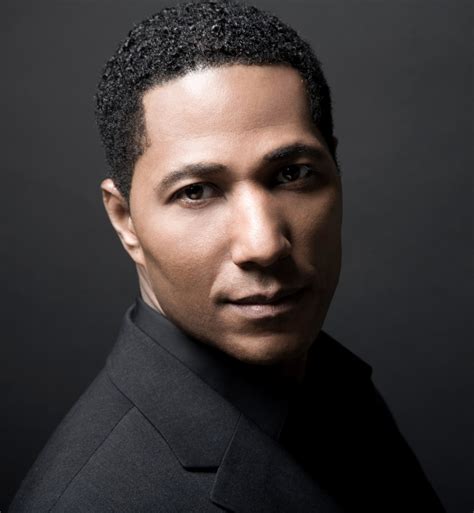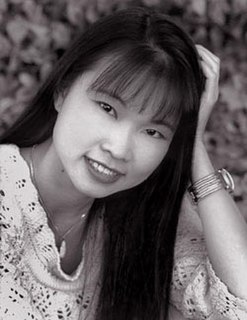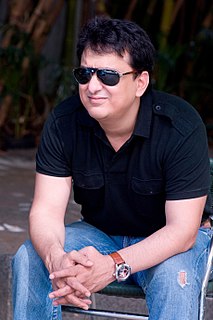A Quote by Ace Antonio Hall
If you work around at-risk teen students, actually tell them you love them and have faith in their success. No one tells them that. No one.
Related Quotes
You tell them what a happy ending consists of, which is always individual success. You tell them that nothing irrational exists in this world, which is a lie. You tell them that conflict only exists only to be neatly resolved, and that everyone who is poor wants to be rich, and everyone who is ill wants to get better, and everyone who gets involved in crime comes to a bad end, and that love should be pure. You tell them that despite all this they are special, that the world revolves around them.
You tell them that all your experience tells you this is the best way to beat this particular opposition. You persuade them and you drill them, and you tell them so many times they can hear you when they go to sleep. Then, on the day of the game, you stand on the touchline and hope to God that it works.
If you want to liberate someone, love them.Not be in love with them - that's dangerous. If you're in love with your children, you're in their lives all the time. Leave them alone! Let them grow and make some mistakes. Tell them, "You can come home. My arms are here - and my mouth is too." When you really love them, you don't want to possess them. You don't say, "I love you and I want you here with me."
With the artists, I don't teach, I coach. I can't tell them how to make art. I tell them to make more art. I tell them to get up early and stay up late. I tell them not to quit. I tell them if somebody else is already making their work. My job is to be current with the discourse and not be an asshole. That's all I wanted in a professor.
When I speak to students, I tell them why we have a First Amendment. I tell them about the Committees of Correspondence. I tell them how in a secret meeting of the Raleigh Tavern in Virginia, Thomas Jefferson and Patrick Henry, who did not agree with each other, started a Committee of Correspondence.
When I take kids into the woods, I tell them, "What we're going to do today is going to be incredibly dangerous." And you just see 20 smiles go up. "But, we're also going to learn to look after each other, who to work together and who to understand and manage that risk." That's what it's about, you don't empower kids if you don't expose them to risk.
Emotionally, a person can become so negatively driven that they don't respect the privilege of being on this Earth without their mother and their father. They may say it doesn't bother them, but there is something in us about those who are a biological part of us and don't care. People in that situation stop hearing the other voices that love them, hold them, trust them and tells them how great they are. They're focused on that one person who isn't answering them.
I spend quite a bit of time thinking about my students. I look at them, at their work, I listen to what they tell me, and try to figure out who they might become in the best of all possible worlds. This is not easy. Students try to give you clues; sometimes they look at you as if imploring you to understand something about them that they don't yet have the means to articulate. How can one succeed at this? And how can one do it 20 times over for all the students in a class? It's impossible, of course. I know this, but I try anyway. It's tiring.
Once born into childlike faith, brimming with belief, typical people begin to lose their faith. Society mocks them. Their friends smirk. They come to change the world, but over time the world changes them. Soon they forget who they were; they forget the faith they once had. Then one day someone tells them the truth, but they don’t want to go back, because they’re comfortable in their new skin. Being a stranger in this world is never easy.




































